Research has shown how sleep is the average man’s panacea. With nearly one in three Americans showing signs of sleep deprivation, it makes sense to talk about it in the long run. If we sleep well, our bodies become more productive and healthier. We feel better and happy and rejuvenated in our lives.
The National Sleep Foundation has come up with some amazing statistics that show young adults in the age group of 18-35 years need 7 to 9 hours of sleep every day. There are times when not getting enough sleep is not an option. People who are sick and need care may need more of sleep, but that does not stop the average healthy adult from falling asleep every night. Here is the sleep chart for all men and women in the United States:
The New Recommendations Are:
- Older adults, 65+ years: 7-8 hours
- Adults, 26-64 years: 7-9 hours
- Young adults, 18-25 years: 7-9 hours
- Teenagers, 14-17 years: 8-10 hours
- School-age children, 6-13 years: 9-11 hours
- Preschool children, 3-5 years: 10-13 hours
- Toddlers, 1-2 years: 11-14 hours
- Infants, 4-11 months: 12-15 hours
- Newborns, 0-3 months: 14-17 hours
A team of Norwegian neuroscientists has found that those who are sleep deprived often see a difference in the way the brain functions in the day to day life. Lack of sleep also affects the way the white matter functions in the brain and interferes with the genes.
Here is a list of ailments that can plague the human body if there is chronic lack of sleep:
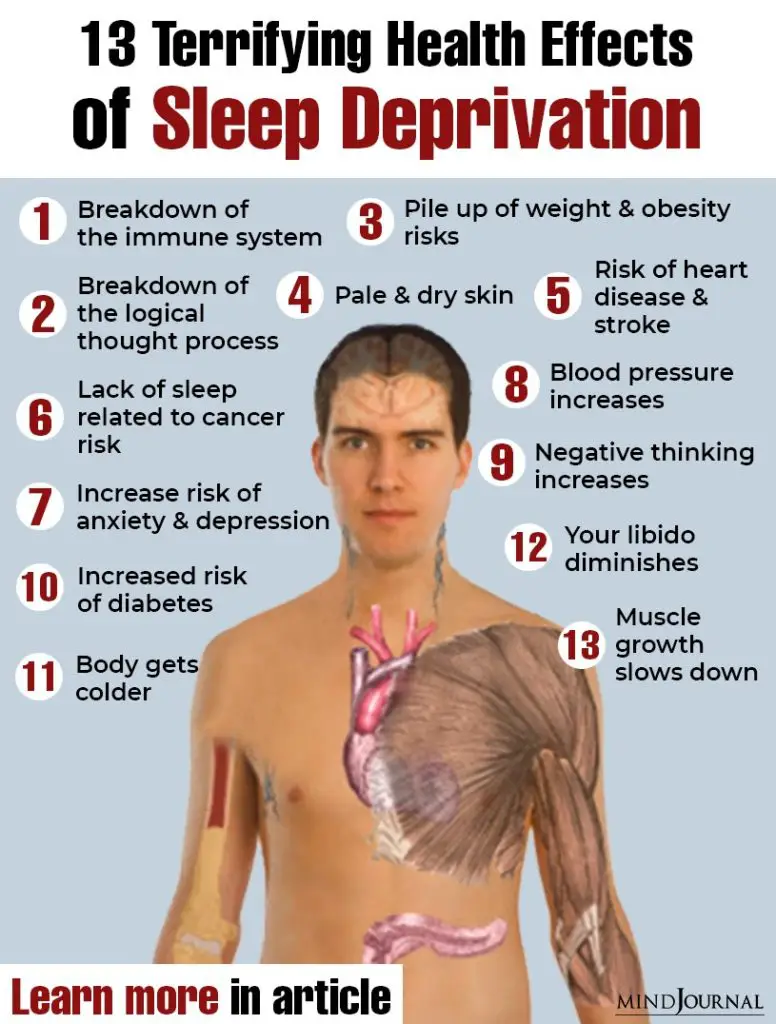
1. Sleep deprivation causes breakdown of the immune system
There is a direct relationship between sleep and the immune system. Sleep deprivation leads to complications that prevent the body from fighting difficult illnesses. Thus leads to sicknesses that inadvertently also affect our productivity.
Adequate sleep helps your body produce protective compounds like cytokines, that provides our immune system with enough support to ward off infections. But, sleep deprivation weakens immune system making us prone to infections and illnesses.
Read Segmented Sleep – Psychological and Behavioral Implications
2. Breakdown of the logical thought process
Thought processes often suffer if the average human being goes sleep-deprived for days. Lack of sleep and rest impairs our cognitive abilities. Your brain may fail to absorb and store new information and commit it to memory. Experimental Brain Research has published a study that has shown that lack of sleep led to poor decision making and diminished reasoning levels.
Apart from these, the problem-solving and time management skills are often diminished with slower reaction times. Also, sleep deprivation affects our right prefrontal cortex and is correlated with increased risk-seeking behaviour.
So, if you are the one who studies the night before the final exam or work late night to meet the deadline of your project, remember that your brain is losing efficiency. Your brain is getting weary and soon you will start to perform poorly in earning and memory tasks. When your reaction time suffers, driving or operating machinery may be a dangerous activity for you. In short, people with sleep deprivation like business travellers, those working night shifts are prone to accidents.
3. Pile up of weight and obesity risks
If you are weight-obsessed, you need to get enough sleep. When you don’t get sufficient sleep, you tend to have more junk food cravings. You feel like consuming more food rich in sugar and fat. And if you want to keep your appetite in check, you need to track your sleep time.
Over 21,000 adults were evaluated and the relationship between sleep and weight checked. Those who slept for less than 5 hours a day were more likely to get obese with risks of heart attack heightened. And those who slept between 7 and 8 hours fared better on the scale.
4. Sleep deprivation causes pale and dry skin
A study of sleep habits and skin condition showed that in people from ages 30 to 50 who had less sleep were more likely to be unhappy with their appearance and skin. Most of them complained of wrinkles and fine lines, age spots and lack of elasticity of the skin.
Lack of sleep increases the level of cortisol in our body, which is known as the stress hormone. According to the National Sleep Foundation, cortisol can break down collagen, which plays a key role in replacing and restoring dead skin cells. Low collagen leads to sagging of skin and premature wrinkles making you look older than you actually are.
Do you want to age faster?
5. Risk of heart disease and stroke
Good night’s sleep also is necessary to prevent our heart from not functioning well in the long run. In a recent study published by the European Heart Journal found that those who did not sleep suffered from coronary heart disease and stroke risks that may be fatal in the long run.
Our body contains HDL cholesterol that is known as good cholesterol because it removes fat from the circulation and carries back to the liver, which in turn flushes fat from the body. Higher the HDL-cholesterol lower the risk for heart disease and stroke. People with sleep deprivation have lower HDL cholesterol and a higher risk of heart disease.
Read How Sleeping on Your Left Side Affects Your Health
6. Lack of sleep related to cancer risk
The American Academy of Sleep Medicine also suggested that those who did not sleep for 7-9 hours in a day were more likely to fall prey to cancer. Women are more likely to face severe health issues including breast and cervical cancer.
One of the best things found by the team suggests that our bodies are very good at repairing themselves. When you are sleep deprived, you can follow it up with a night of good sleep and help the mind repair itself. The body can also repair the damage in the cells too.
7. Increase risk of anxiety and depression
Lack of sleep causes and other ongoing sleep disruptions may play an important role in setting the stage for diagnosable anxiety disorders such as panic disorder and generalized anxiety disorder. If left unaddressed it may also cause depression and a wide array of other diagnosable mental health issues. However, not all people with sleep deprivation or sleep disorders will develop problems with anxiousness and other mental health issues.
According to Russell Rosenberg, PhD, (former chairman of the National Sleep Foundation and the founder and CEO of NeuroTrials Research, a clinical research site in Atlanta) lack of sleep affects our mood, therefore we tolerate stress less. As mentioned earlier, sleep deprivation increases the stress hormone cortisol, which prevents you from having good sleep starting a sleep-stress cycle. Consequently, your relationships and other aspects of your life get hampered.
8. Sleep deprivation increases blood pressure
The relationship between less sleep and stress levels is already discussed and it is because of this you could have high blood pressure. Both sleep deprivation and insomnia have been linked to increases in the incidence and prevalence of hypertension.
9. Negative thinking increases
People with anxiety and depression are submerged in the vicious cycle of intrusive, repetitive thoughts. People who don’t sleep for recommended 8 hours a night are also deep dived in negative thoughts, according to the study published in Journal of Behavior Therapy and Experimental Psychiatry. The researchers found that shorter sleep duration was linked to more time looking at negative stimuli. Get adequate sleep because you know that negative thinking can devastate career, relationships and life.
10. Increase risk of diabetes
Besides weight gain, people with inadequate sleep are highly likely to develop adult-onset diabetes. Upon evaluating different studies on sleep and diabetes, researchers concluded that 7-8 hours of sleep can help you avoid insulin issues that could lead to diabetes.
When healthy people sleep for just 4 hours a night for a week, their body’s ability to break down sugar decreases by 40% according to the National Sleep Foundation. It is similar to those with low insulin and at risk of diabetes.
11. Sleep deprivation makes you feel colder
Our body gets colder when we need to feel tired, sleepy and have less energy. This is why we feel colder when lying down, and warmer when we’re upright. So, sleep is important for body temperature regulations.
12. Your libido diminishes
Lack of sleep can be one of the main causes of your low sex drive and decline in overall mood and vigour. Sleeping for a few hours or less decreases the testosterone levels by as much as 10 to 15 per cent. So, if you’re experiencing a serious lack of energy, it is best to have a good sleep. So, that later you can better spice things up in bed,
13. Muscle growth slows down
If you deprive yourself of adequate sleep, It will hinder muscle growth. Because, when you have sound sleep, your body releases growth hormones to help build and repair muscle. So, when you don’t get enough sleep, you exhaust yourself during the day, break muscle down, but fail to grow at night. As a result, running or exercise becomes very hard for you as you get exhausted very fast.
Do you know 70 percent of growth hormones are released during sleep? So, kids with sleep deprivation could experience stunted growth.
If you aren’t getting enough sleep regularly, then it’s time to consider your lifestyle and make some healthy changes.
Leave your thoughts in comments below.
Please share this article with anyone who you may think will find it valuable and helpful.
Frequently Asked Questions (FAQs)
What physical signs indicate sleep problems?
The physical signs of sleep disorders include experiencing excessive sleepiness during the daytime, fatigue, increased movements during sleep, difficulty falling asleep, etc.
Can sleeping on one side of your face cause vision problems?
According to studies, a person who has a persistent habit of sleeping on the right or left side of the face may cause the dependent eye to be slightly more affected than the independent eye.
Does lack of sleep make morning sickness worse?
Morning sickness may be worse if an individual is stressed or exhausted. Lack of sleep can also be an underlying cause.
How do you help someone with sleep problems?
If you’re helping someone to sleep better, start by encouraging them to establish a sleep routine. Create a cozy and comfortable setting for them, and finally, you can check in on them when they’re trying to sleep.
What factors have been linked to sleep problems in middle age?
There are various factors that may contribute to sleep problems among the middle aged population such as health problems, trauma, mood disorders, genetics, medications, etc.
What is the difference in an occasional bad night’s sleep and a serious sleep disorder?
When dealing with an occasional bad night’s sleep one may feel irritable, tired, or anxious during the day, but when it becomes a serious sleep disorder, one may experience difficulty with memory, anxiety, depression, etc.
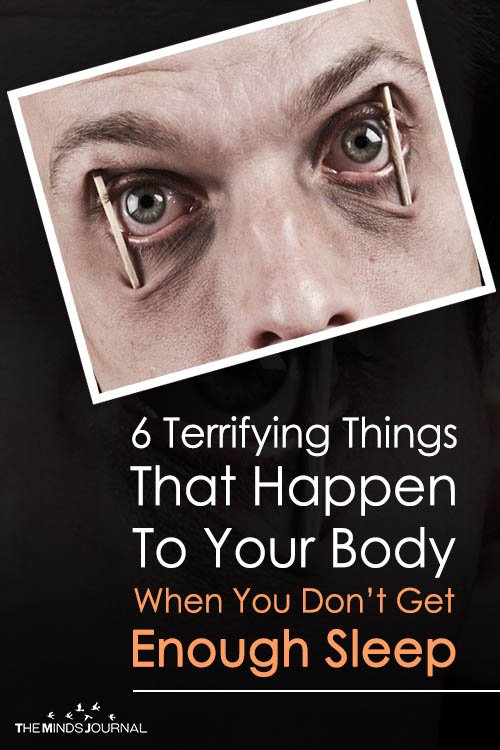
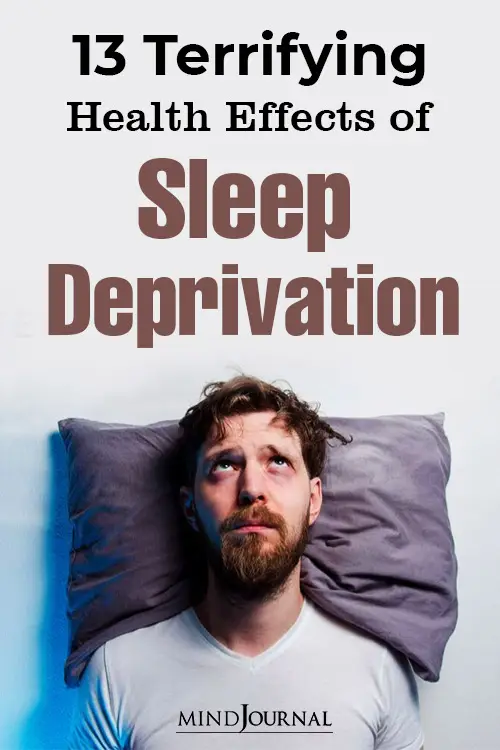
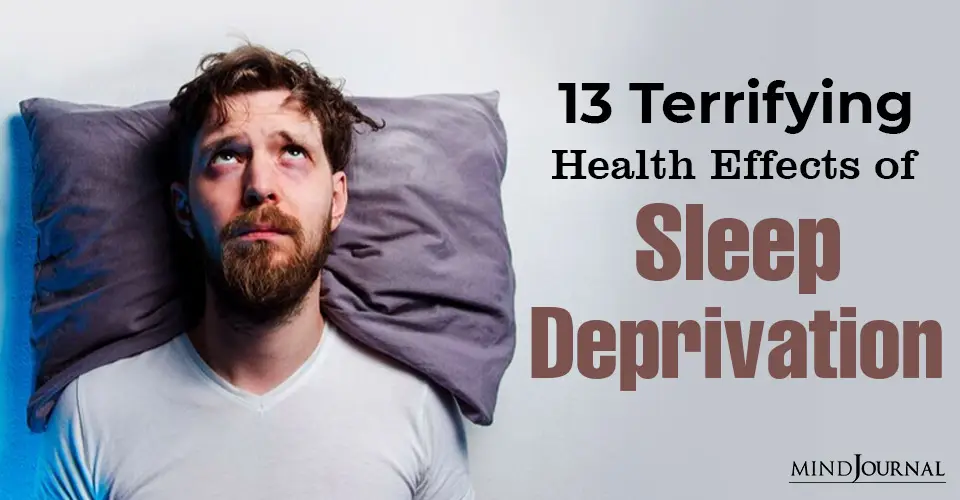






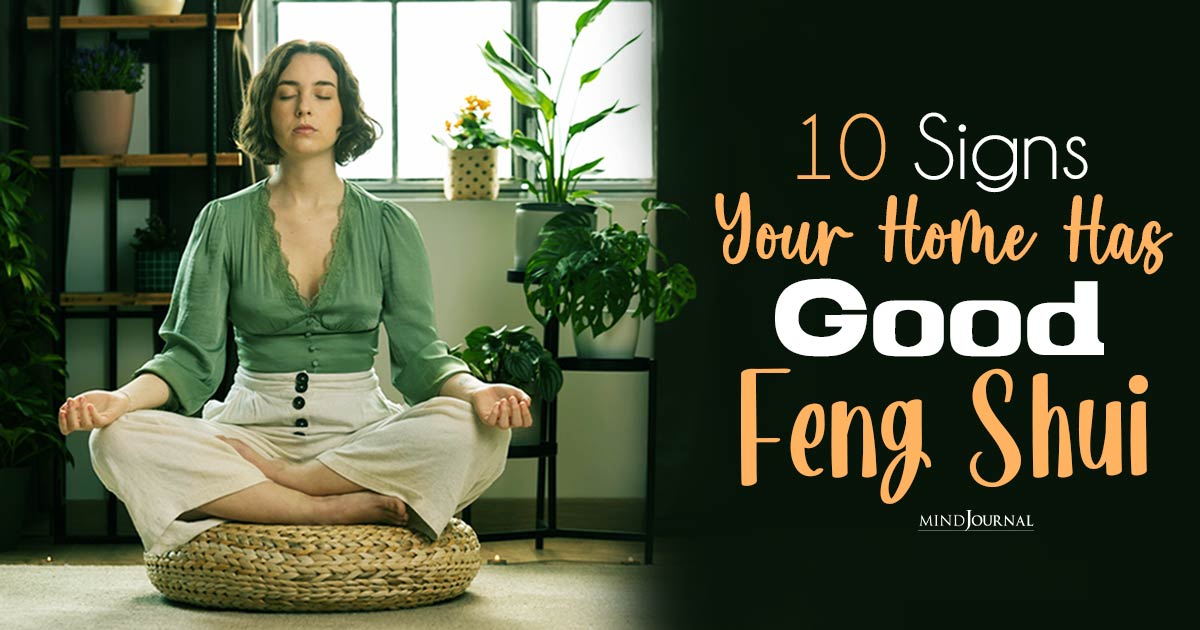
Leave a Reply
You must be logged in to post a comment.